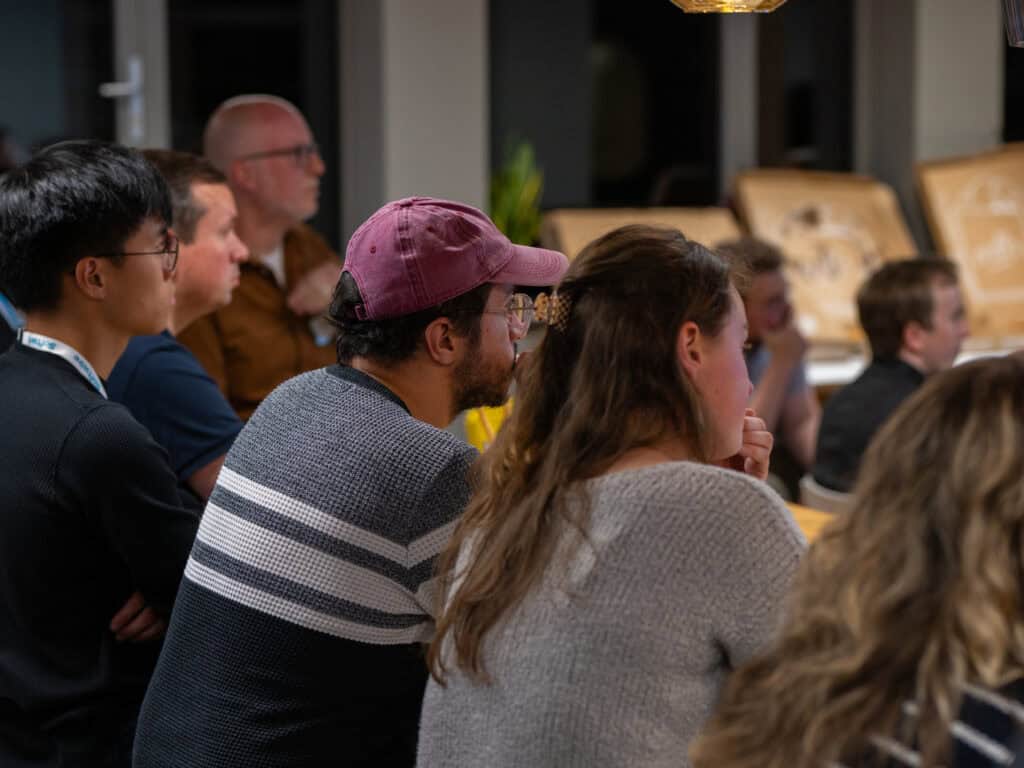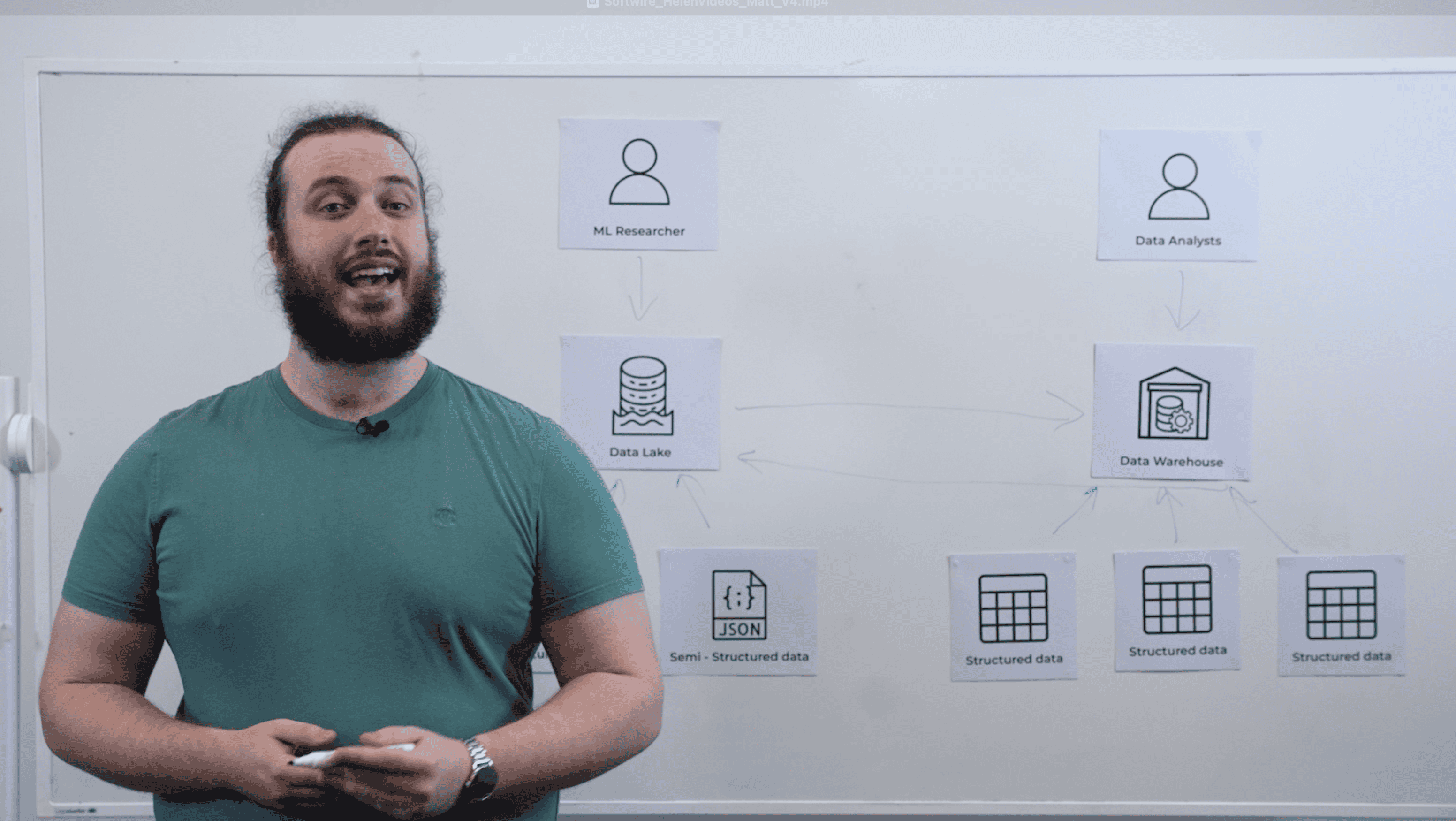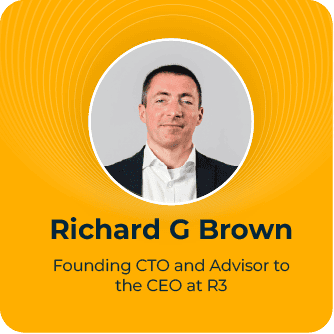In October we held an event entitled “The many flavours of data projects and the data-driven enterprise” at our Manchester office. A diverse crowd ranging from students to seasoned industry professionals gathered to hear two illuminating talks that stressed the key role played by data for enterprise, from analytics to AI to organisational transformation at a global scale.
Laura Hughes, Technical Principal at Softwire, kicked off the evening with a comprehensive demystification of the data engineering landscape in her talk “The many flavours of data projects”. This made apparent the wide range of ways in which data is used, from applications that involve data but don’t do any analytics with it (a simple database), to the other end of the data spectrum where we enter the realms of predictive analytics, data science and AI.
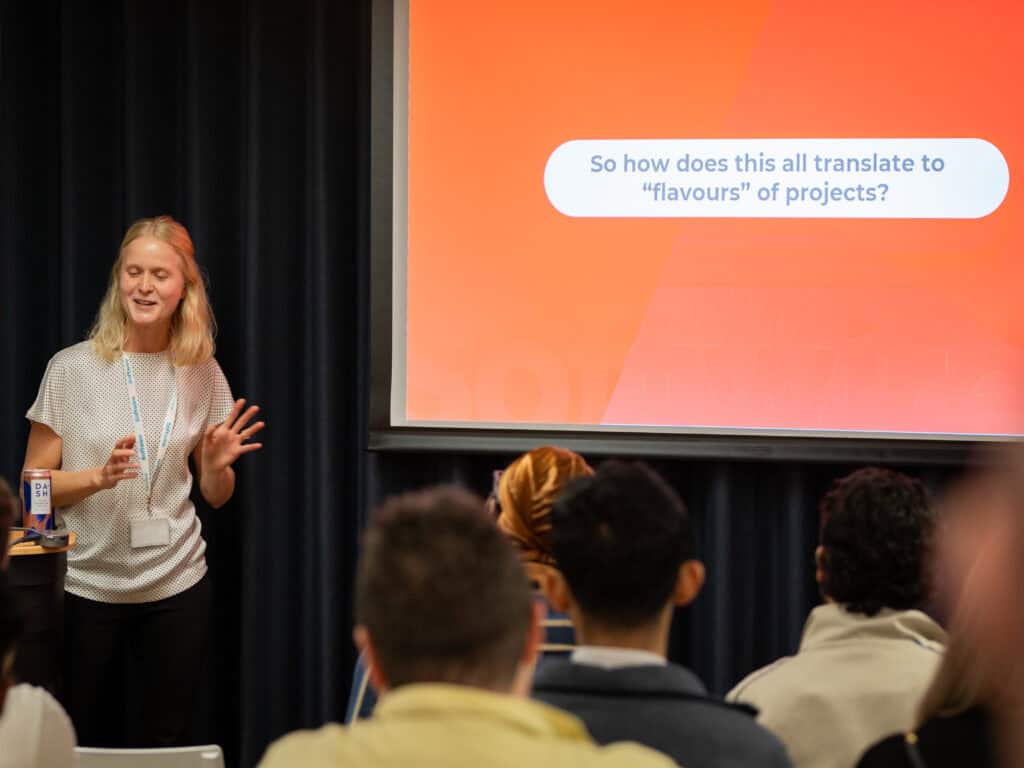
Having mapped out the data engineering landscape, the stage was set for our guest speaker: Steve Westgarth, Global Head of Engineering at Haleon, a multi-billion dollar healthcare enterprise. Steve’s presentation, “The data-driven enterprise”, demonstrated the various factors in play when a large organisation strives to place data as the main driver of transformation across decision-making, operational efficiency, the creation of new business models and ultimately an enhanced customer experience.
Common themes emerged across both talks, but a few takeaways stood out to me. Firstly, for all the ways that data can make organisations work better, having high-quality data and strong data engineering foundations is a prerequisite. As Laura illustrated with her data pyramid (see figure): “walk before you run”. If your data isn’t ready for simple Business Intelligence (BI), it’s probably not ready for anything as exotic as predictive analytics or generative AI (GenAI). Or as Steve put it: “good AI requires good data, and most data is bad”.
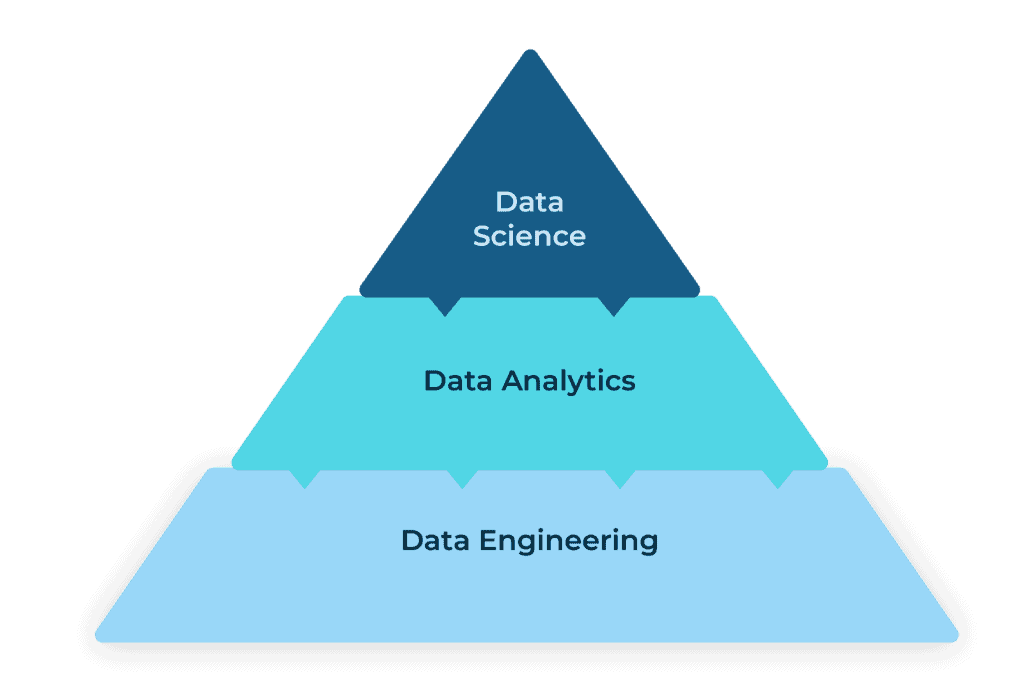
Secondly, if an organisation wants to be “data-driven”, then the ownership, management and stewardship of data cannot be viewed as simply being a ‘tech” issue. Instead, organisations need to recognise that data permeates the entire business and impacts multiple stakeholders; and the ownership of that data should reflect this reality. This could mean following data mesh principles and bringing data roles into business ops teams, so they can plan for their own data needs and ensure their own data quality.
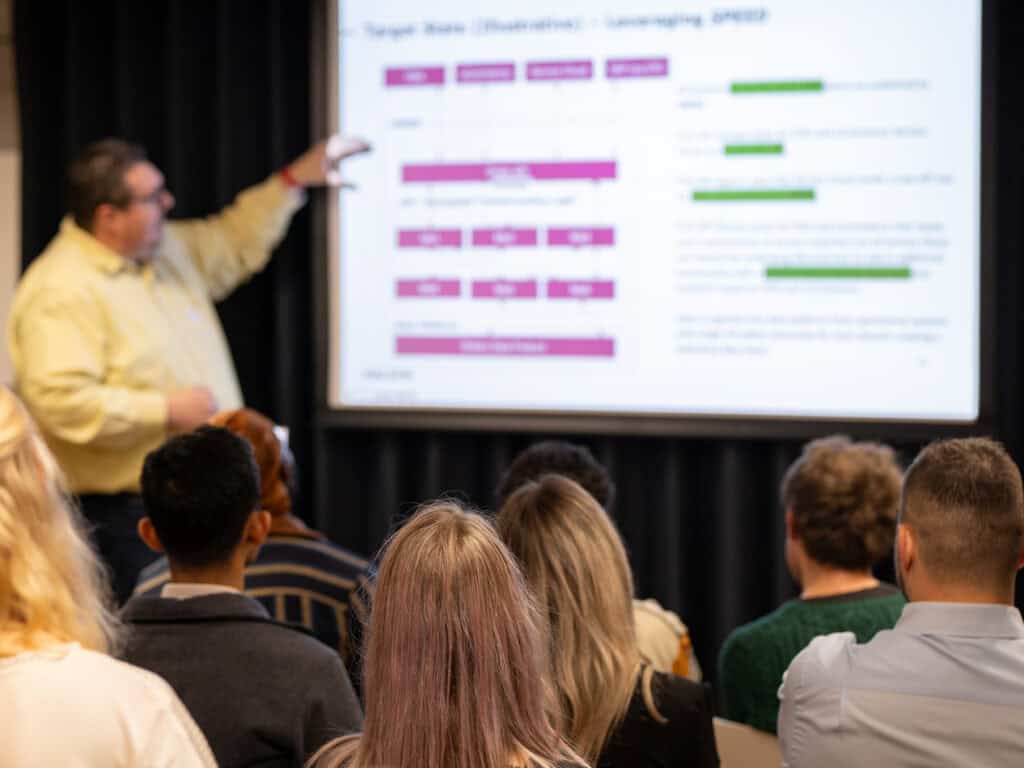
The post-talk questions reflected a particular interest in the team structures, organisation, and wider culture needed to support data-driven change, and Steve’s explanation of how this is achieved at scale.
On a personal note, this was my eighth event at our Manchester office and it’s been heartening to see the great community that’s built up around them. We look forward to running many more events in 2025 – watch this space!
